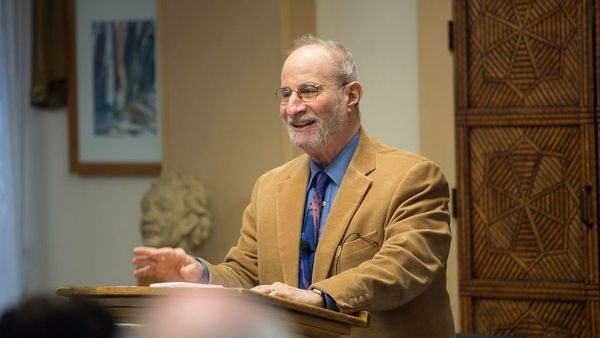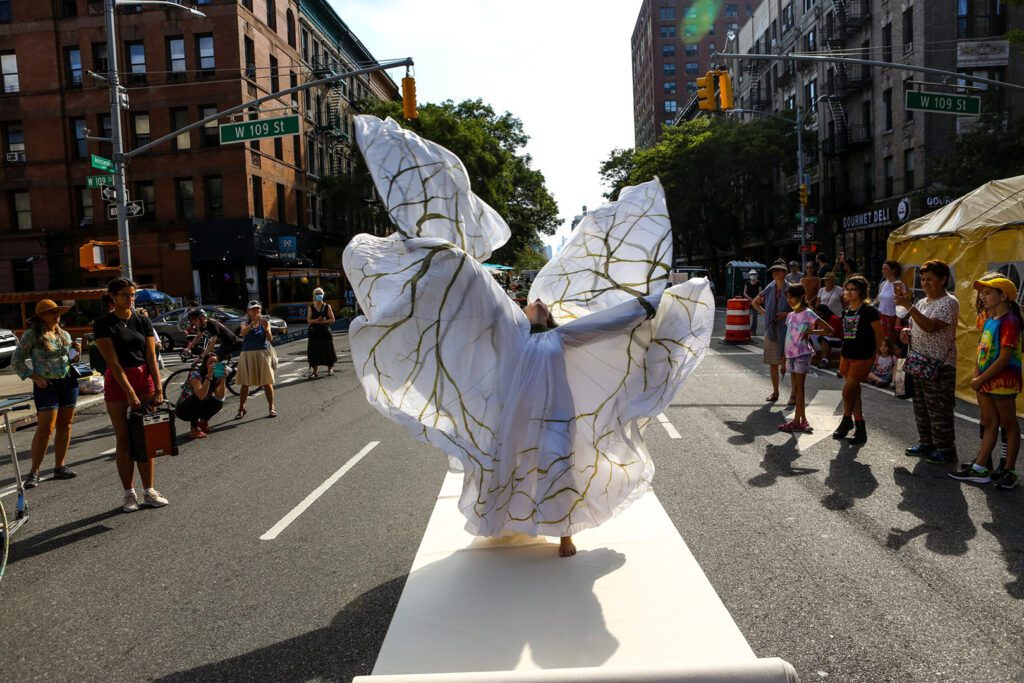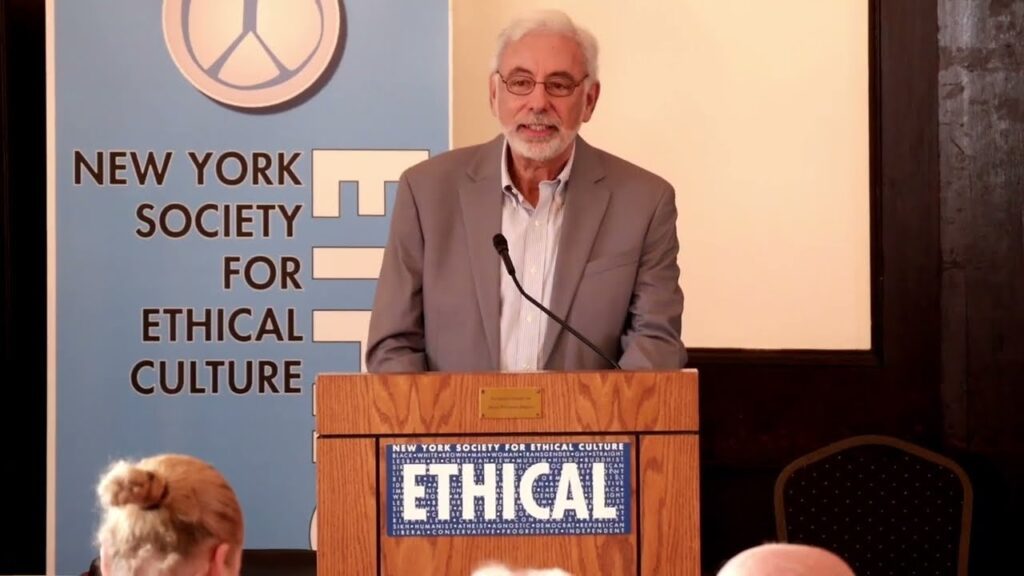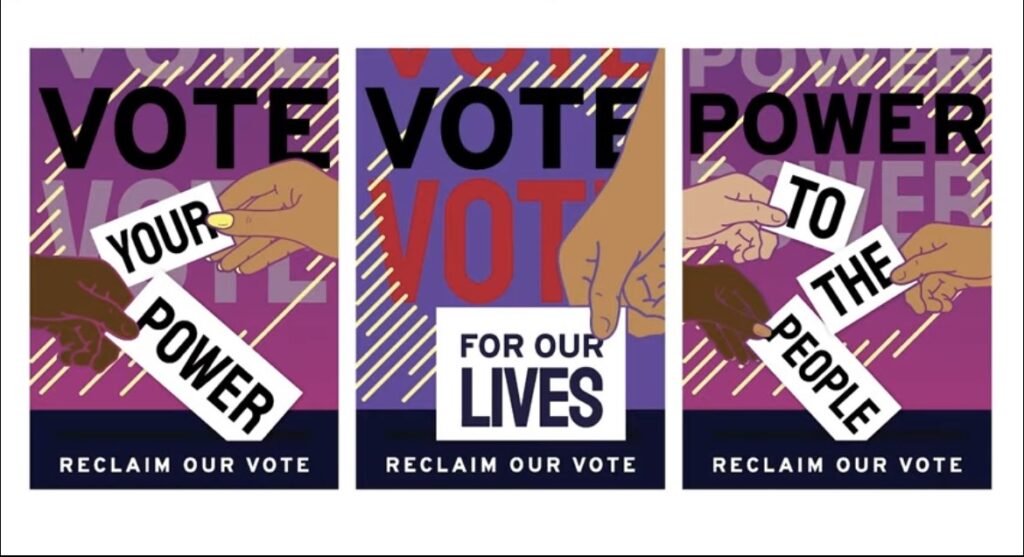
by Leader Dr. Joe Chuman
When asked about Ethical Culture, I suspect what comes to the mind of many members is its notable public achievements in the arena of progressive social reform and social service. The list is long and we can be duly proud of what Ethical Culture and the New York Society have accomplished in its 143 years. But many of our members might therefore be surprised that when our founder, Felix Adler, when queried about the primary purpose of Ethical Culture, did not respond by making reference to the public realm or to social action. He responded that the purpose of Ethical Culture is to nurture and build “ethical personality.”
No doubt, social justice work is essential to Ethical Culture, and we would not fulfill our mission without it. But to Adler’s mind, working to improve society and assist the downtrodden and oppressed is one vehicle among others toward improving the lives of those men and women dedicated to that social justice work. And the men and women he had most in mind were the members of Ethical Societies.
This primary commitment to the nurturing of “ethical personality” opens the door to the quieter, more hidden half of our mission, but arguably it is the more important half. It is the side of our philosophy which requires us to become increasingly more sensitive to the humanity that resides in each of us. Beyond our outward manifestations, our words and deeds, there resides, Adler believed, an element in us that requires the utmost respect, indeed reverence. And once we become sensitive to this indwelling humanity, Ethical Culture commends us to help bring it forth and support its development. When we do this in relationship with others, we find that we elicit these qualities in ourselves.
What does this mean in concrete terms?
First, on the most basic level, it requires that we treat others with formal respect and courtesy. It is said that “manners are minor morals,” and I think that this is true. Formal courtesies are often more than merely formal. They suggest that the one so acting brings an attitude of respect and regard for the one that he or she is addressing.
Next, I think we should never lose sight of the importance of basic kindness. Life is hard. It is often coarse. The public world can often be harsh and unforgiving. Virtually all of us suffer hardships and tragedies that we sustain in silence. And as we all know that life is so often unfair. Simple acts of kindness can work to soften this harshness and the presence of a kind word or kind gesture of support often carries with it greater sustaining effects than we assume for those who are the beneficiaries of our kindness.
Cultivating kindness costs us nothing, but it pays great dividends in the realm of human relations. William Wordsworth has a beautiful line in his poem, “Tintern Abbey” to the effect that “The best portion of a good man’s life is his little, nameless, unremembered acts of kindness and of love.” I think there is truth in that, and that thought has long resonated with me and even serves as a source of inspiration.
But cultivating “ethical personality” can suggest deeper forms of relationship that we can sustain with perhaps only a few chosen others. In this regard, it means that we pay attention to others. This requires, I believe, that we suspend judgment. It means that we approach others not with a view toward what they can do for us, but in the spirit of relationship and dialogue. In a deeper sense it suggests that we try to see others not as objects, but appreciate them as subjects and gain an empathetic sense of their interiority, so to speak. Perhaps we begin to see and experience the world as they do. And when we can do this, only partially at best, we can embrace them in their fuller humanity.
Ethical Culture and its humanism have a philosophy. But in the final analysis, we do not end with a philosophy. Our philosophy, rather, is a signpost that points our way to an experience. And that experience is directed, again, to an ever increasing appreciation of the humanity of all those with whom we share the human experience.







